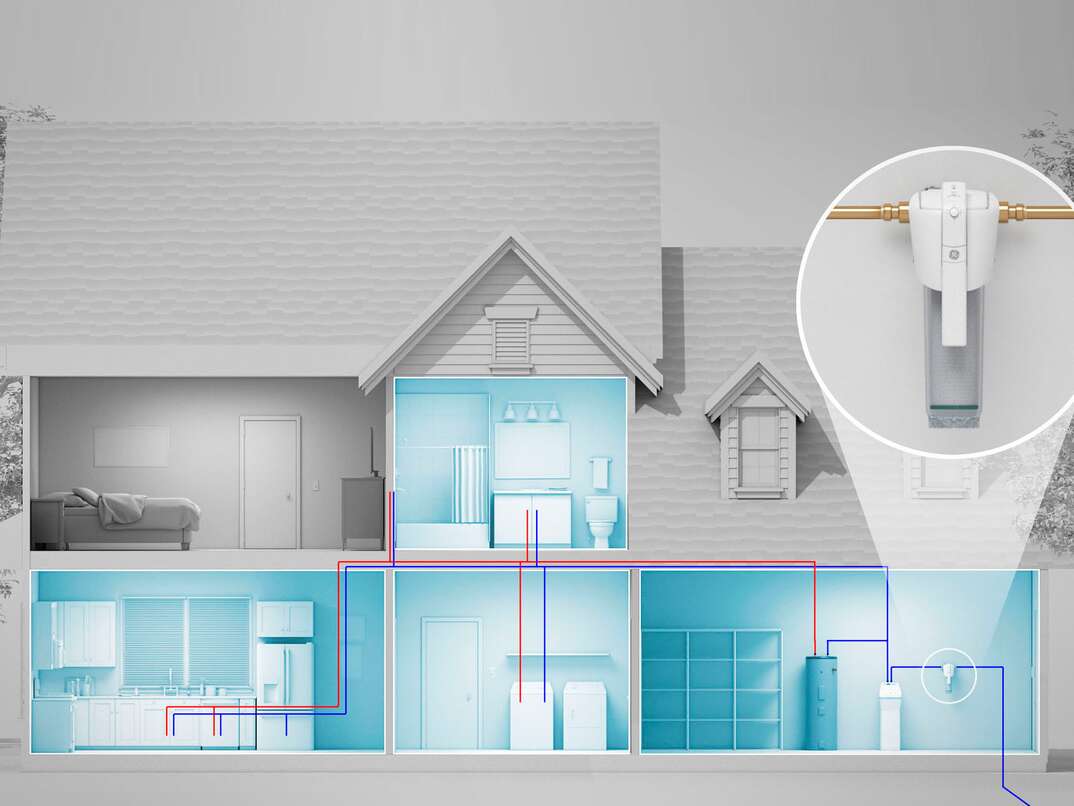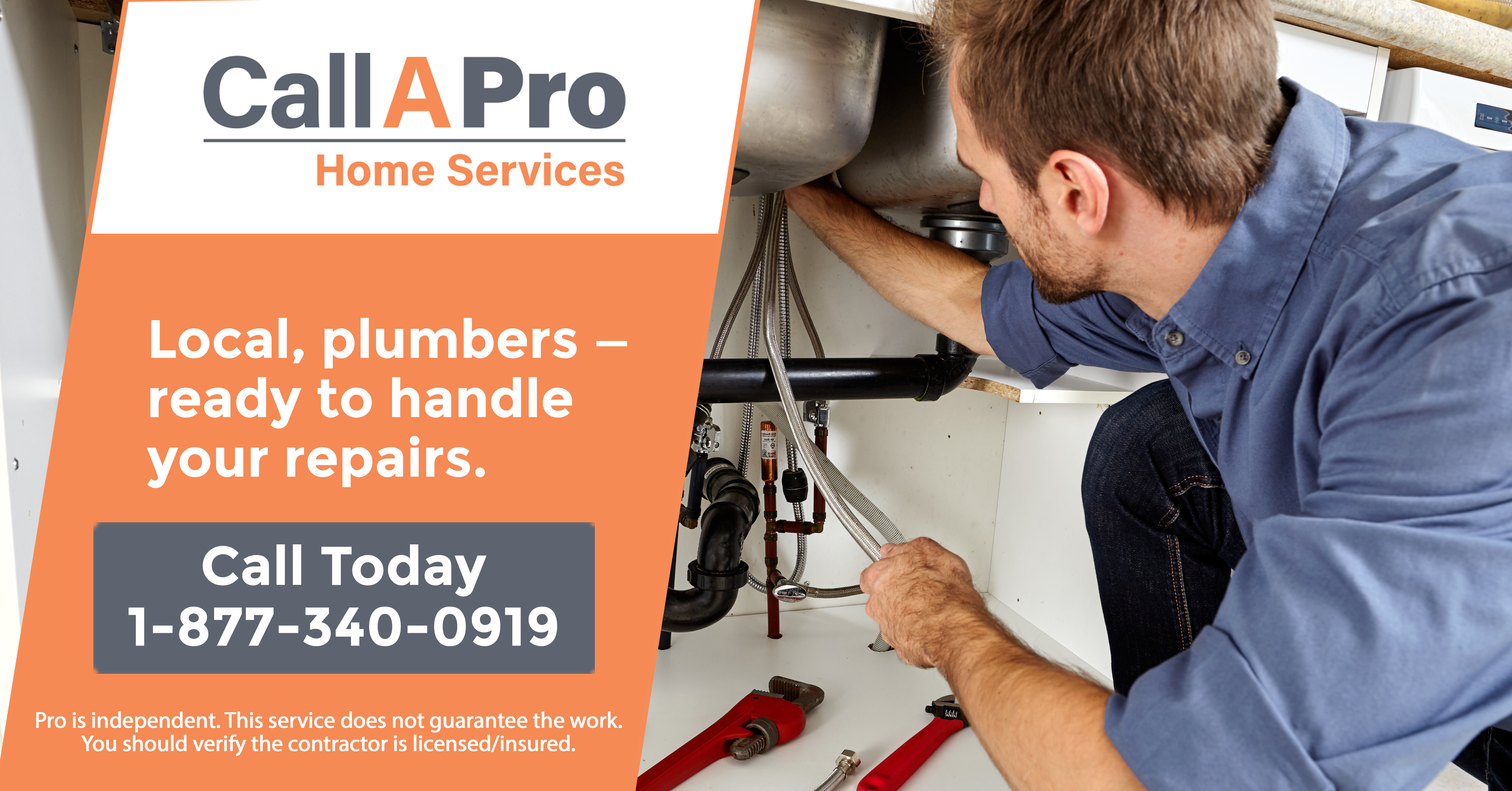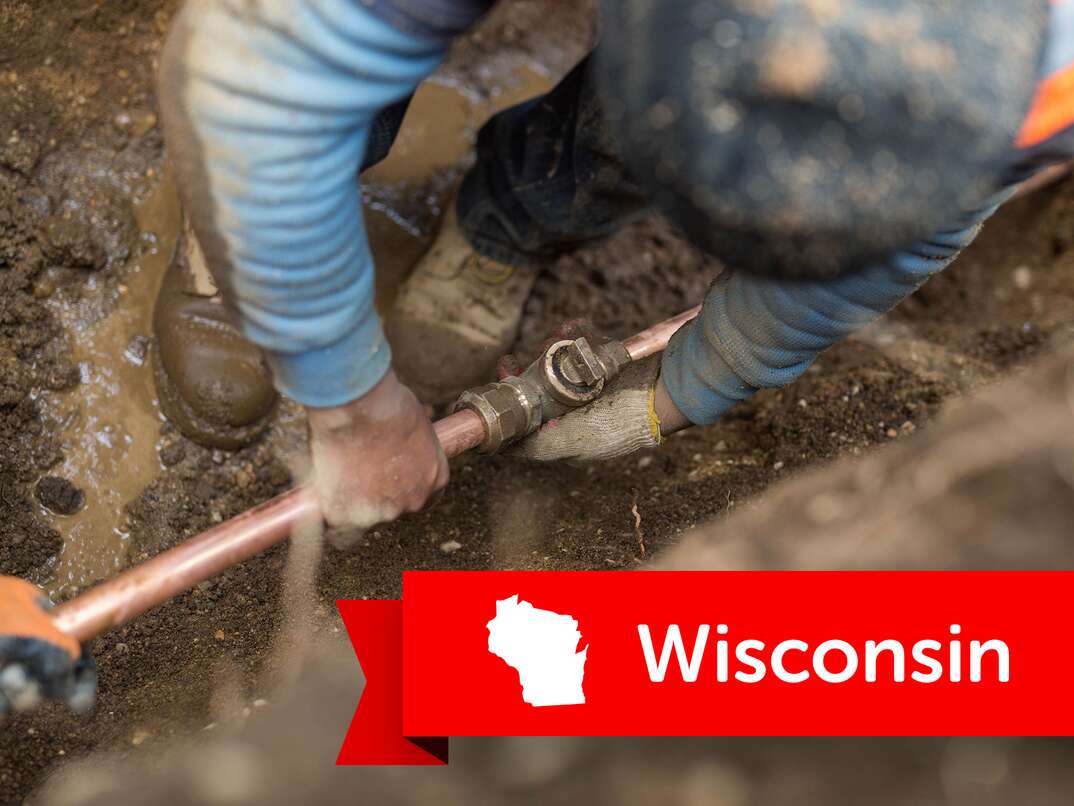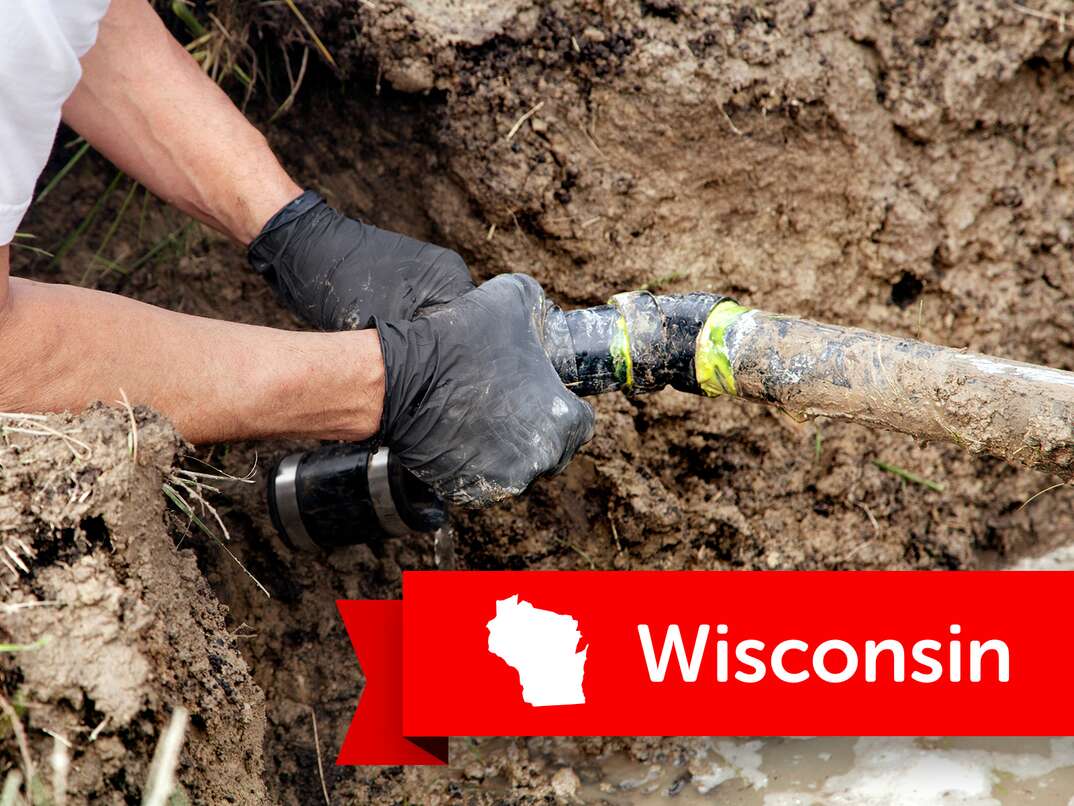How Much Do Home Water Filtration Systems Cost?

Manufacturer Supplied Image
Water Filtration System Costs at a Glance
- Average total price: $2,000
- Carbon filter system: $50-$500
- UV disinfection system: $800-$2,000
- Ionization system: $1,000-$2,000
- Reverse osmosis system: $1,400-$1,500
- Filtration system installation: $500, average; $100-$2,000, range
Do you drink bottled water exclusively? Maybe you keep one of those filter pitchers in the fridge. Either way, you might benefit from installing a water filtration system in your home. In addition to being more palatable, filtered water can aid skin health and help your appliances function properly.
This May Also Interest You: How Much Does a Water Softener Cost?
A whole-house water filtration system sounds expensive — but depending on the type of system you want, it may cost less than you’d think. Read on to learn more about in-home water filtration.
What Is a Whole-House Water Filtration System?
Depending on where you live and the source of your water, the stuff that comes out of your faucets may have impurities like rust, sediment and minerals. A whole-house filtration system removes impurities before water enters your home. Water is filtered with UV purifiers, carbon filters or other methods.
What Are the Benefits of a Water Filtration System?
Because these systems filter all the water coming into your home, the benefits extend beyond cleaner drinking water. Here are some of the top reasons to install a whole-house filtration system:
Environmentally Friendly
If you drink bottled water to avoid the water that comes out of your faucet, upgrading to a filtration system may allow you to stop using bottled water. This will reduce plastic waste and can also save you money.
Cleaner Clothes and Dishes
Water that isn’t filtered can have minerals in it that break down soap. The result is clothes or dishes that aren’t as clean as they could be. With a water filter, your clothes washer and dishwasher can get your stuff cleaner.
Kinder to Sensitive Skin
Skin conditions like eczema or psoriasis can be exacerbated by harsh minerals found in unfiltered water. Filtered water can be kinder on the skin and hair.
Cleaner Pipes, Faucets and Showers
The crusty, white substance that builds up on faucets and showerheads is evidence of minerals in your water. With a whole-house filtration system, you can reduce this build-up on your plumbing.
Test Your Water
Before making the decision to install a whole-house water filtration system, you’ll want to test your water to be sure such a system would benefit you. If you do not have well water, it is not always necessary to have a filtration system. Testing your water can also help you determine what type of system is best for your situation.
You can purchase water testing kits online. Some jurisdictions offer water testing through local laboratories.
How Much Does a Water Filtration System Cost?
On average, expect to pay about $2,000 to install a filtration system, including labor and materials. The cost depends on the type and complexity of the system you choose. Simpler systems cost less than $1,000, while more comprehensive ones can cost over $5,000.
Types of Water Filtration Systems
You’ll want to choose a system based on your water filtration needs. The water in your area might require a specific type of filtration system, so consult local experts before installing. Here are some of the most common whole-house water filtration systems:
Reverse Osmosis
Using your home’s existing water pressure, reverse osmosis systems force water through a membrane to filter it. It can remove sediment, minerals, bacteria and heavy metals from water. The filtered water is then stored in a tank for later use. However, a reverse osmosis system wastes a lot of water. For every filtered gallon, up to 25 gallons are wasted. These systems cost between $1,400 and $1,500.
Carbon Filters
This is probably the most widely used method of filtering water. The carbon filters are designed to collect minerals and sediment as water passes through. There are two types of activated carbon filters: block and granular. Both have filter cartridges that need to be replaced annually. Granular carbon filters are made of organic materials. Both systems cost between $50 and $500 to install.
Ionization
Ionization systems use a low-frequency electromagnetic pulse to ionize the water. This reverses the charge of minerals in the water, which are then removed. These systems cost $1,000 to $2,000.
UV Disinfection
With this type of water purification system, water passes under UV lights, which kill bacteria and other microorganisms. A UV disinfection system is not effective in removing sediment from water. Expect to pay between $800 and $2,000.
More Related Articles:
- Prevent Frozen-Pipe Problems by Knowing These Things Down Cold
- How to Fix Common Plumbing Leaks
- Best Water Leak Detectors 2020
- Let it Flow: Improve Low Water Pressure in the Shower
- Stop Flushing Money Down the Toilet: Go Low Flow
Should I Hire a Professional?
The short answer: Probably.
If you’re just concerned about your drinking water, some of these systems — particularly activated carbon systems — can be installed at the tap. Most cost less than $100 and fit over the faucet to filter water as it flows out. For $200 to $400, you could purchase a more complex under-the-sink or countertop model that offers advanced filtration. These can all be great DIY solutions.
However, if you have your heart set on a whole-house system, you’re probably going to want to call in a qualified professional to install it. On average, it costs about $500 to install a whole-house system. The price depends on the complexity of installation. Basic carbon filters can be installed for about $100. If your existing plumbing doesn’t have a way to flush wastewater, installing a reverse-osmosis system may require a plumber, which can drive the cost up to $2,000 or more.
How Long Does a Whole-House Water Filtration System Last?
The longevity of your system will depend the type, as well has how much water you use every day. With proper maintenance, reverse osmosis and ionization systems can last years. Carbon filters need to be replaced once a year.
Since we’re all home now more than ever, being prepared for unexpected home repairs with a plan from HomeServe is important. Having a plan in place gives you the peace of mind knowing that you can simply call our 24/7 repair hotline for covered breakdowns. See what plans are available in your neighborhood.




